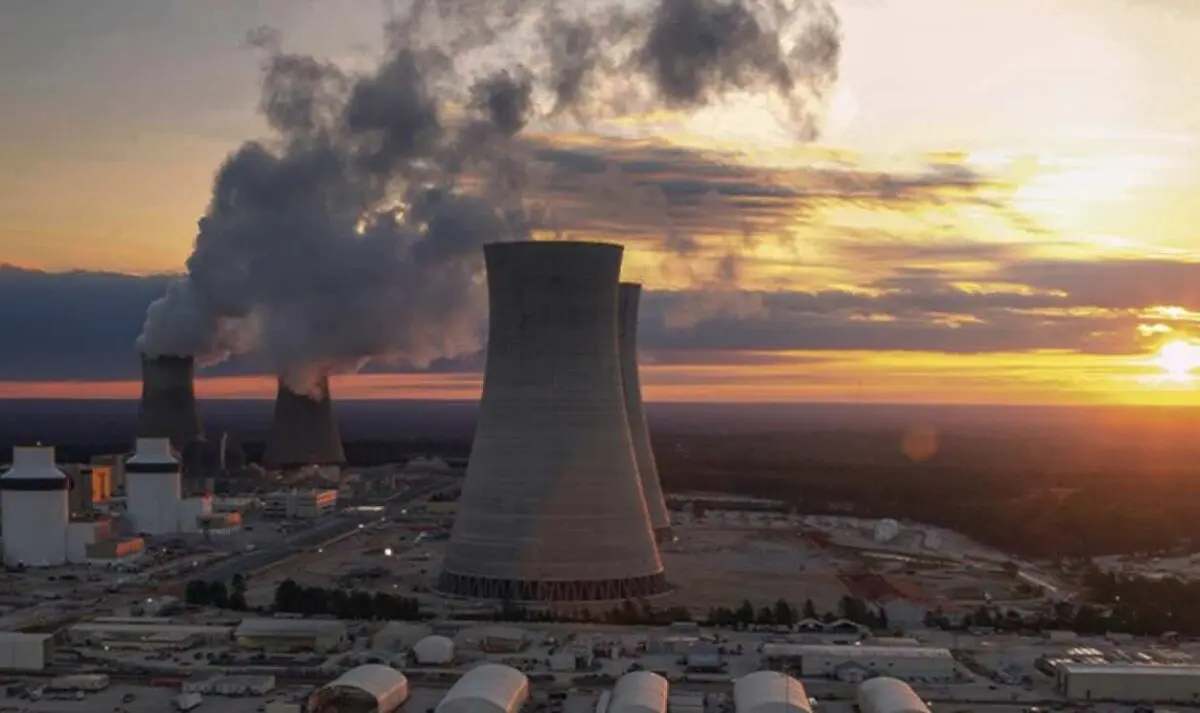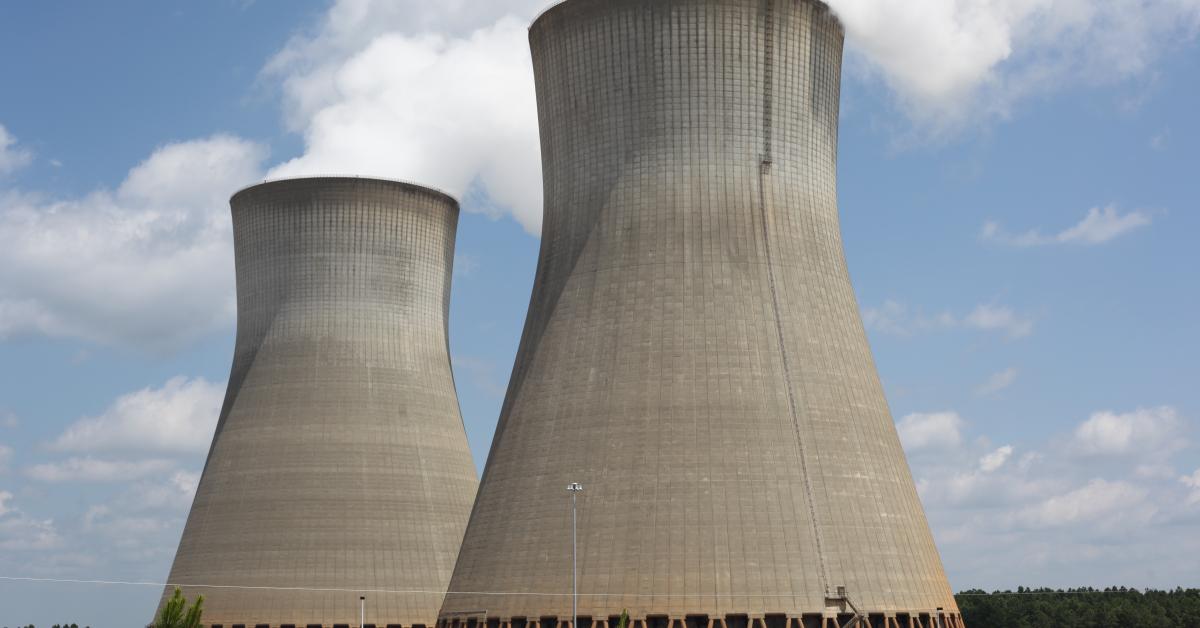The completion of Georgia’s Vogtle Nuclear Power Plant’s reactors after significant delays and costs highlights the heavy taxpayer burden and ongoing debate over government support for nuclear energy projects in the United States.
Vogtle Nuclear Plant Completion Highlights Taxpayer Burden and Government Support Debate
According to the article of Just The News, recent news on nuclear energy in the United States highlights the completion of two reactors at Georgia’s Vogtle Nuclear Power Plant after nearly 15 years of construction and a total cost of $34 billion. This long and expensive process points to a study from the Copenhagen School of Business, showing that taxpayers often end up paying for delays and cost overruns due to government support for these projects.
The study explains that nuclear projects rely heavily on government help to get financing and reduce risks for investors. This includes guarantees for loans and rules that make future consumers pay for building costs. However, the time it takes to finish these projects and how much they end up costing raise questions about whether they can succeed without a lot of help from taxpayers.
READ ALSO: June 2024 Social Security Payments Schedule And Figures: $4,873 For Retirees At 70

$34 Billion Overrun: Vogtle Nuclear Plant’s 15-Year Construction Nightmare Highlights Taxpayer Burden in US Nuclear Energy Industry – Must Know! (PHOTO: Renew Economy)
Debates Over Sustainable Financing and Government Support in U.S. Nuclear Energy Future
While nuclear power is seen as important for producing clean energy and cutting down on pollution, ongoing debates focus on whether the current way of financing these projects is sustainable. This includes discussions about how much support the government should give versus how much companies should fund on their own in the future of nuclear energy in the country.

















































